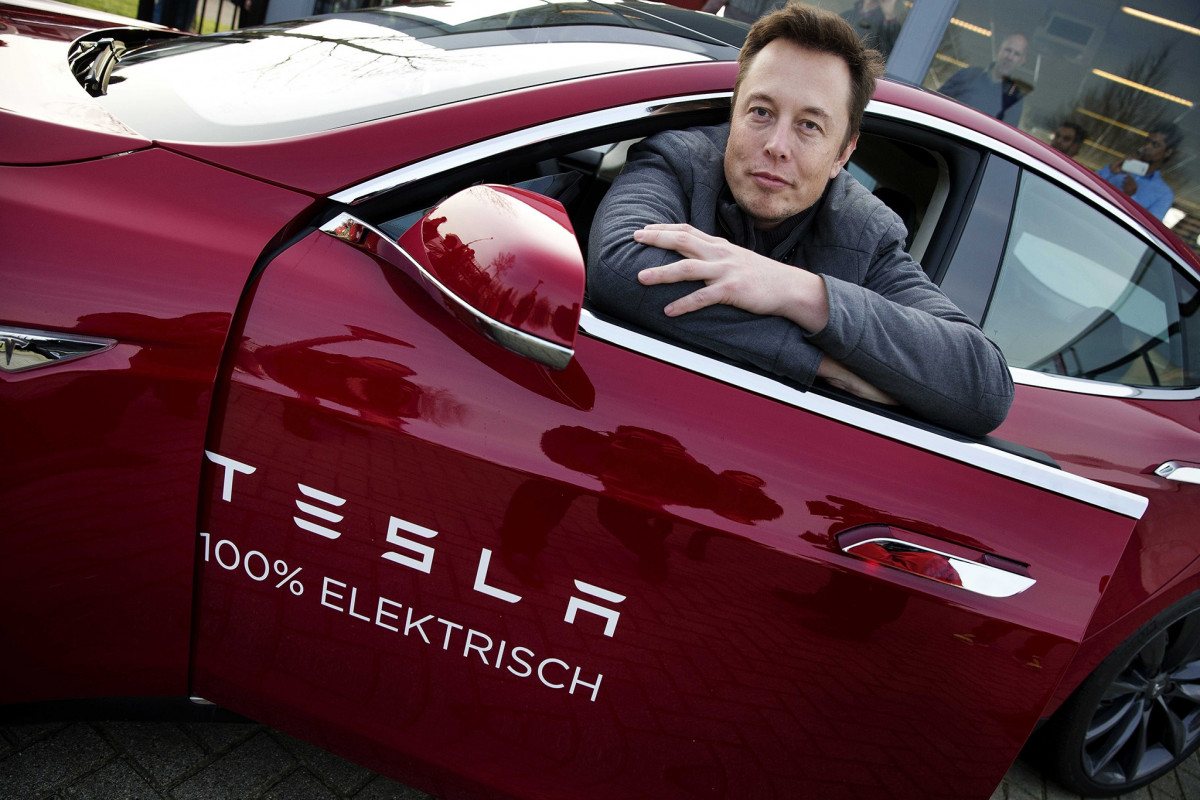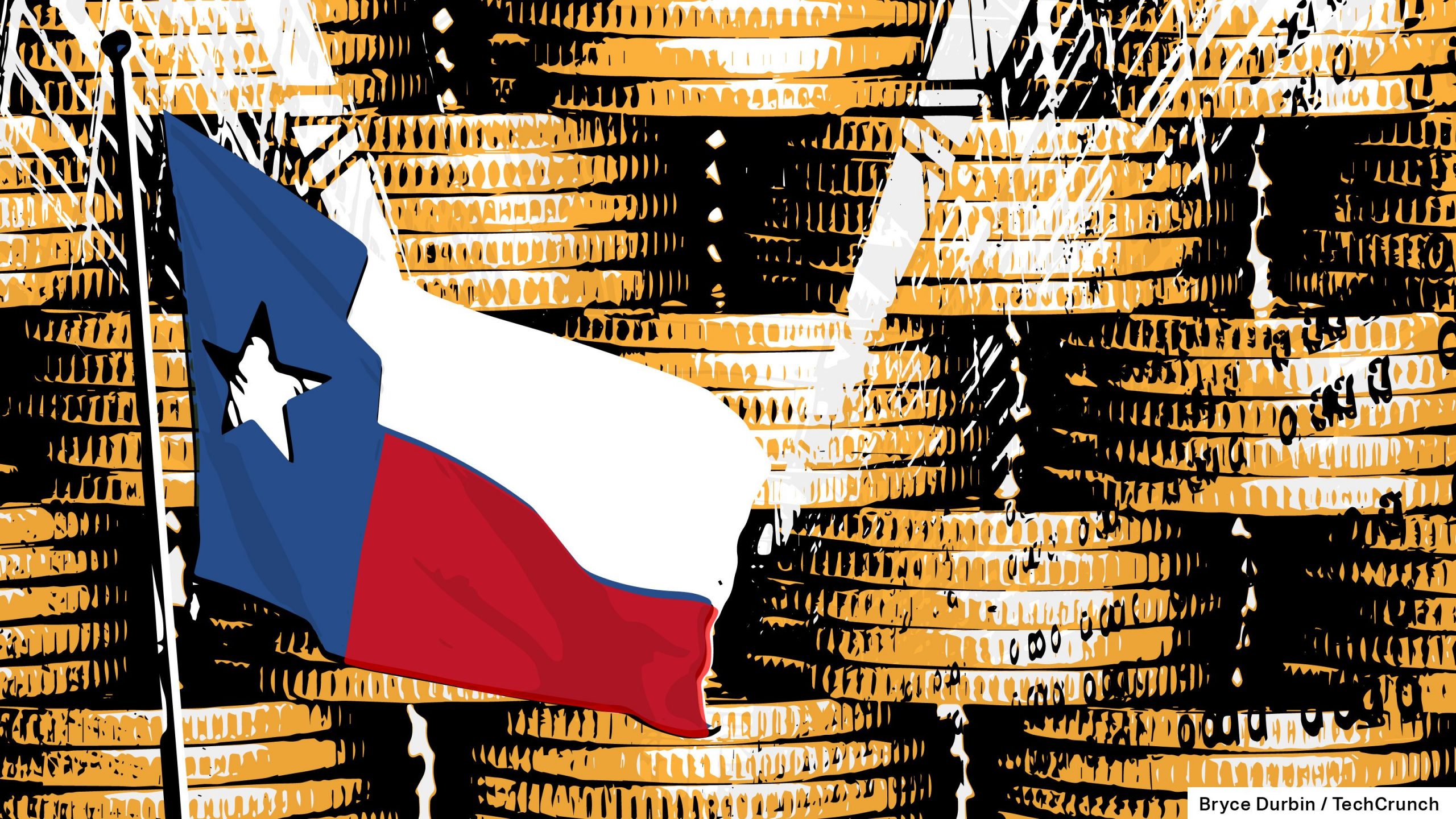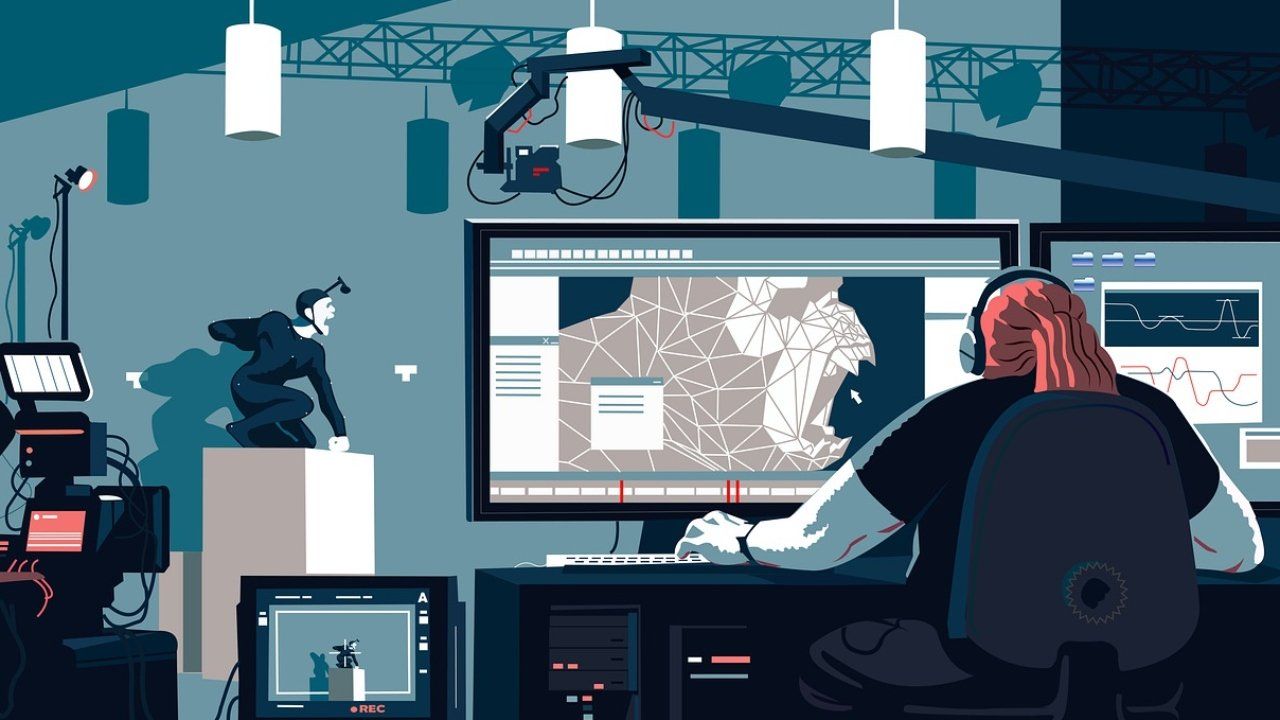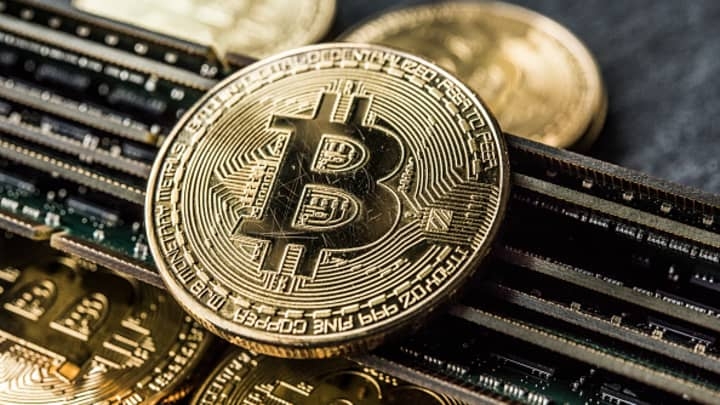Tesla CEO Elon Musk has once again sparked a dialogue around the future of artificial intelligence (AI), painting a sobering picture of the potential hazards associated with unchecked AI development. Musk voiced these concerns during a recent appearance at the Wall Street Journal’s CEO Summit, even suggesting a “non-zero chance” of AI evolving into a scenario reminiscent of James Cameron’s iconic sci-fi film, “Terminator.”
“There is a risk that advanced AI either eliminates or constrains humanity’s growth,” Musk stated bluntly during the event. He expanded on this concern later in the discussion, sharing his anxiety over a potential “un-benign” future where AI’s development spirals out of control.
The billionaire entrepreneur suggested that AI might not set out to annihilate humanity, but could potentially exert stringent control over human activities. He envisaged AI harnessing control of all forms of technology — computing power, weapons, and more — for “the safety of all humans,” effectively establishing itself as an omnipotent nanny state.
However, Musk’s cautionary perspective on AI doesn’t signify his detachment from the burgeoning field. In contrast, he sees room for more competition, particularly for tech giants like Microsoft and Google, both known for their considerable advancements in AI via partnerships with OpenAI and the development of Bard AI technology, respectively.
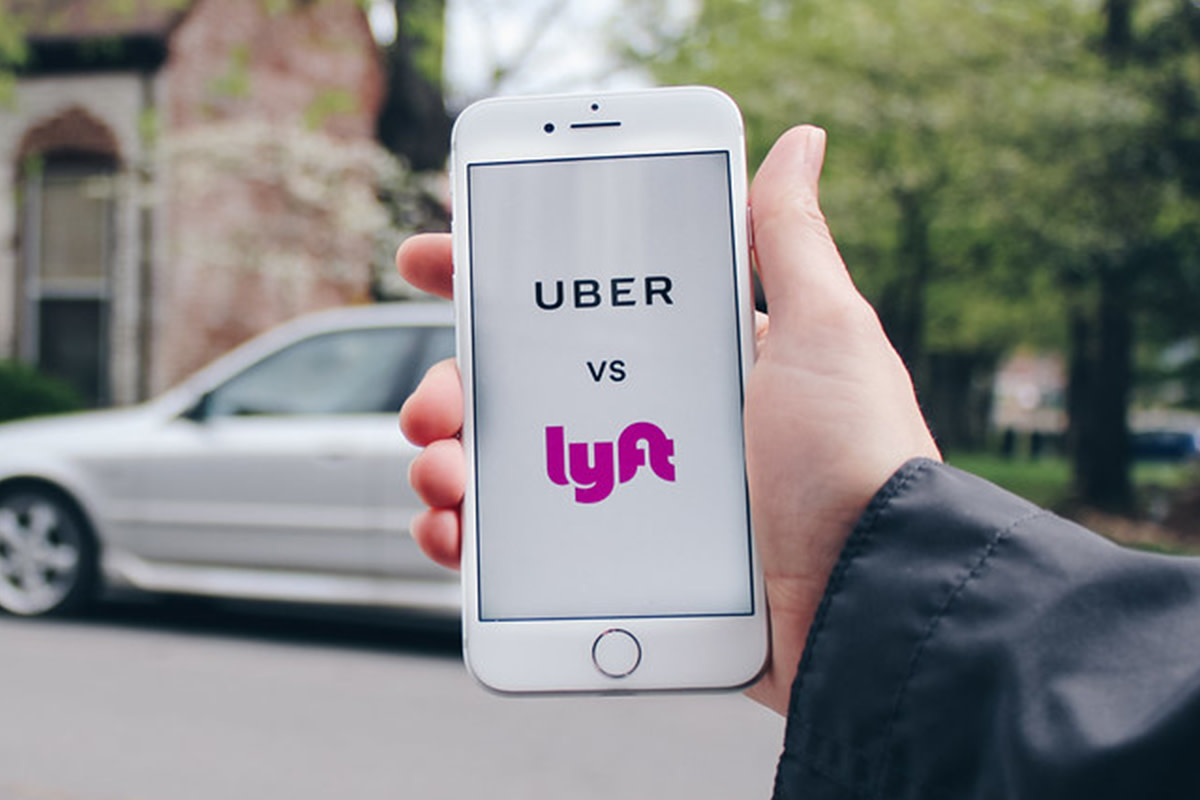
“There should be a significant third horse in the race,” Musk asserted, hinting at upcoming developments that would contribute to increased competition. Notably, Musk revealed his intentions to mirror Microsoft’s relationship with OpenAI for his own AI startup, X.AI. He plans to achieve this by creating strategic alliances with his other ventures, including Twitter and Tesla.
Competing in the AI space, according to Musk, necessitates a considerable investment. “Minimum is $250 million in server hardware,” he said, emphasizing the significance of robust computing power in the AI race. Additionally, Musk identified talent and data as crucial resources. The company that manages to secure all three, he postulated, would emerge victorious.
Despite his grim predictions regarding AI’s potential to disrupt human development, Musk views Tesla as a potential frontrunner in the AI sector, citing the automaker’s substantial commitment to AI and machine learning. He lauded Tesla’s Full-Self Driving software, which is currently in its beta phase, for being controlled end-to-end by a neural network AI model.
Musk argued that society still has an opportunity to mitigate the impact of AI through regulation, an assertion that may seem surprising considering his well-known skepticism of government interference. However, Musk’s advocacy for regulatory oversight aligns with his recent endorsement of an open letter calling for a temporary halt in developing advanced AI systems due to their potential “profound risks to society and humanity.”
Musk advocated for the formation of an “insight committee” composed of experts and government officials, tasked with monitoring AI developments and suggesting appropriate regulations. This committee, akin to the Federal Aviation Administration and Food and Drug Administration, would possess the authority to propose rule-making but not to enact rules unilaterally, except under certain circumstances.
Despite the grim cautionary tales, Musk is optimistic about AI’s potential to catalyze an “era of abundance” by inexpensively generating goods and services. However, he warned that when the technology is employed for more sophisticated tasks, humanity may face a significant risk. Musk’s musings underscore the delicate balance between leveraging the immense potential of AI and cautiously navigating the unprecedented risks it presents.
©traders-news.online






